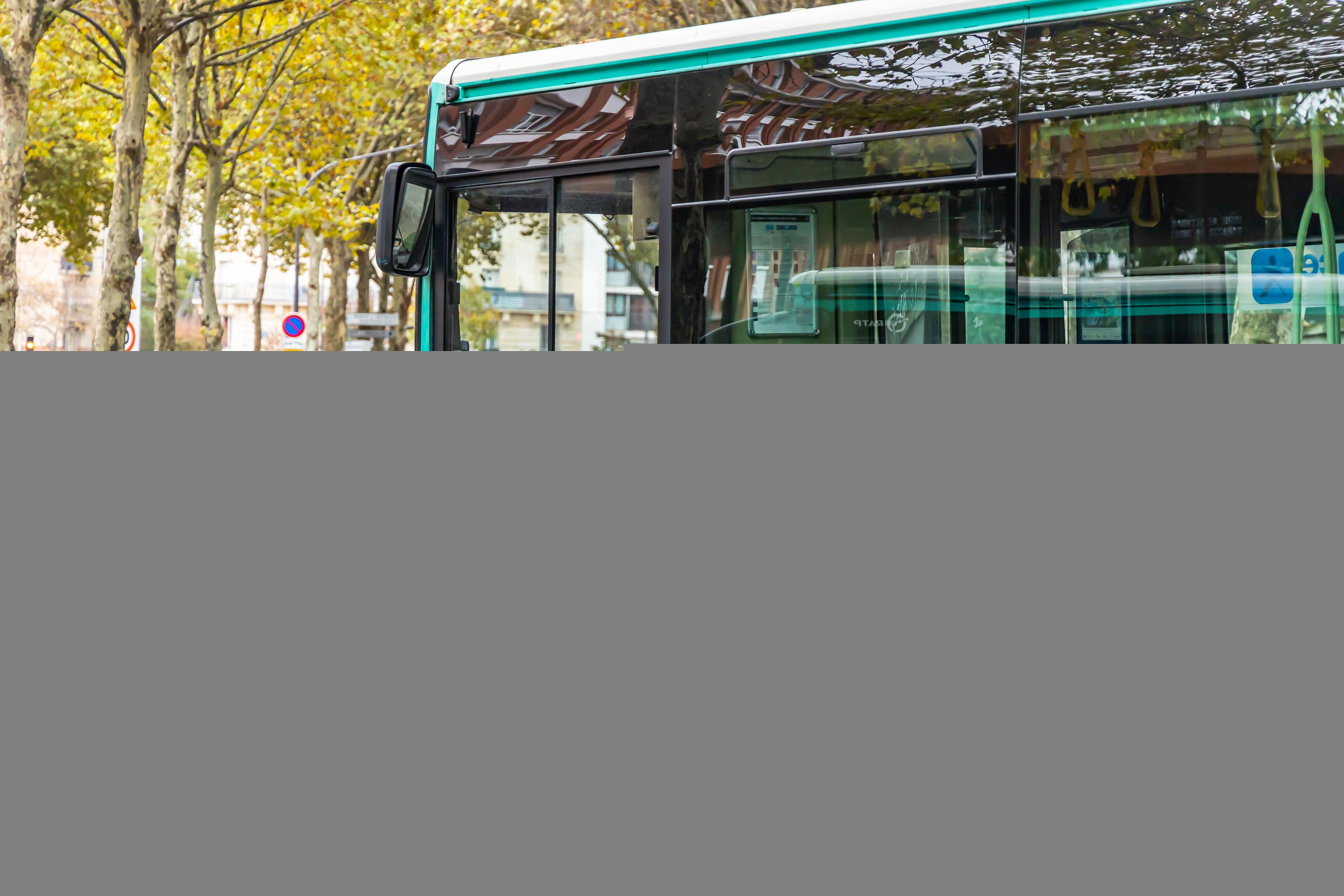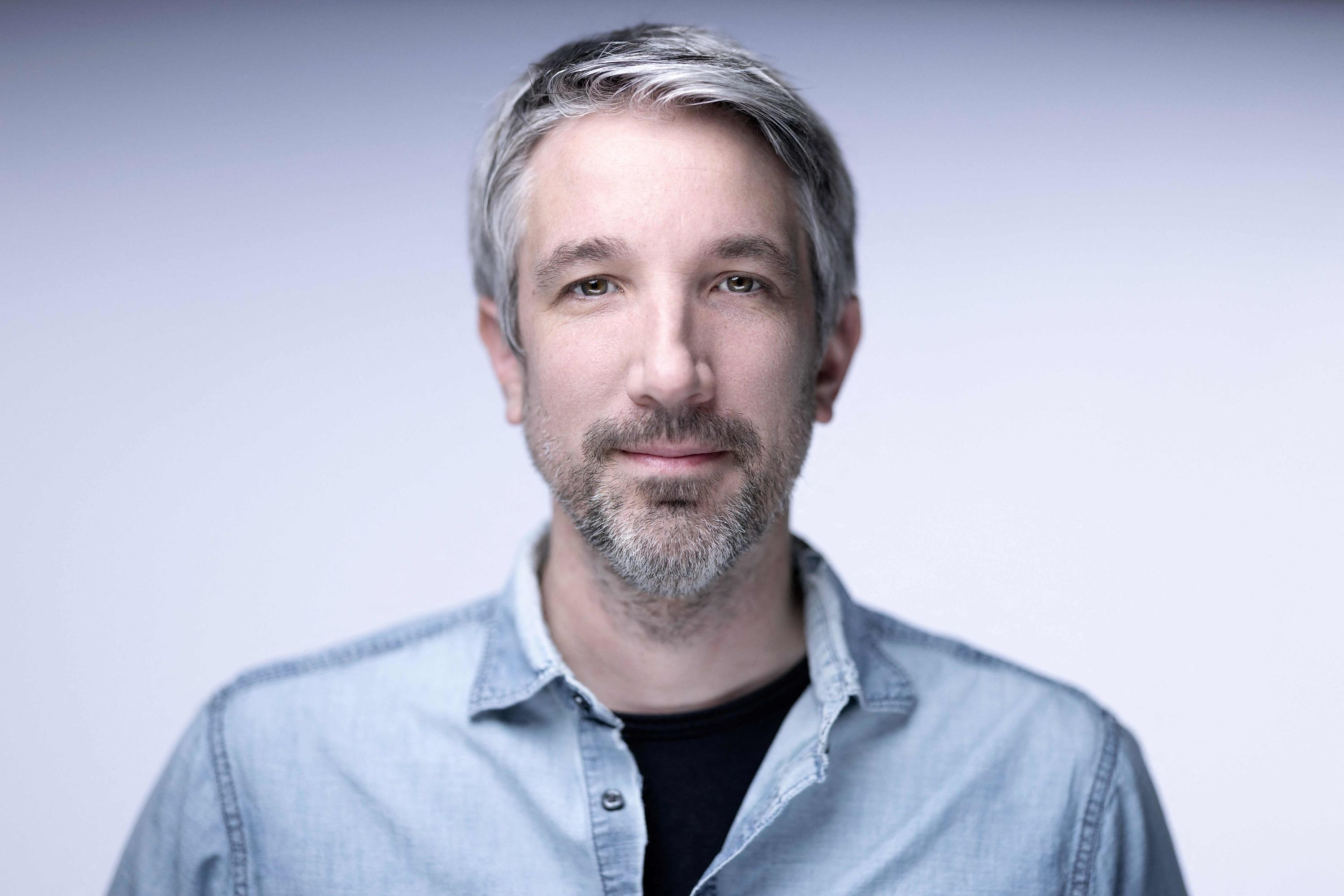Spend two months lying down to help space research: volunteers have agreed to stay in bed under surveillance in Toulouse, in order to recreate the absence of gravity and thus contribute to improving the living conditions of astronauts during their missions. “We see ourselves getting thinner day by day at the start,” smiles Matthieu, one of the twelve men selected for this experiment, who has been well established for five weeks at the Medes clinic, a health subsidiary of the National Center for Space Studies ( CNES).
The bed of these volunteers, chosen from 3,000 candidates and whose names are not communicated, remains tilted for 60 days at an angle of -6 degrees, the best able to reproduce the effects of weightlessness to which the astronauts are subjected. during their stays in space. “We have entered the space exploration phase. We are really looking to go to the Moon and Mars, it is no longer a fiction and it involves long-distance flights of two to three years, ”explains Audrey Bergouignan, from the National Center for Scientific Research (CNRS). “Exposure to microgravity will impact all physiological systems (…) and cause alterations that we try to understand and prevent”, specifies the researcher, before adding: “To prevent them, we implements protocols that we test upstream here, before testing them in space.”
” READ ALSO – Countering the effects of weightlessness
Everything is therefore organized in order to allow the 12 hospitalized to remain in bed: nearly a hundred people are mobilized to follow them over the duration of the study, from caregivers to researchers. “We are in very favorable conditions for bed rest, every time we need something, we just have to call the medical staff”, explains Matthieu, a 39-year-old market gardener whom his girlfriend convinced to try l adventure, remunerated 18,000 euros for three months of presence on site.
In order to compare the evolution of their organism according to their physical exercise, the volunteers are divided into three groups: one performs 30 minutes of recumbent bike per day, the other is not subjected to any physical activity, while the third must pedal while in a moving human centrifuge.
"The idea is to see if the artificial gravity created by the centrifuge when it turns improves the effects of the physical exercise of the bicycle", specifies Marie-Pierre Bareille, head of the space clinic to which the study was entrusted by CNES and the European Space Agency (ESA). If the results are conclusive, this artificial gravity could be recreated on board long-duration missions in space, once the technical constraints have been resolved.
” READ ALSO – Astronaut, “it's a life that I did not necessarily expect”, confides Thomas Pesquet
"The challenge, she says, is that the crews are fit and able to work during extra-vehicular outings" during which they may have to perform quite physical tasks. "During a trip to Mars, astronauts could lose up to 15% of their mass", indicates Audrey Bergouignan. The participants in the experiment take turns, sometimes on a bike designed for recumbent pedaling, sometimes in the centrifuge, while the laughter bursts out with the caregivers who share their very particular daily life.
"I'm not bored, everyone is very nice," says Alejandro, a 26-year-old Spanish aeronautical engineer who lives in Toulouse. “We are in contact with the other chambers. We organize video game tournaments on Mario Kartou Fifa”, he laughs, while pedaling under the supervision of a trainer. For them, the experience will end with an accompanied return to normal life in early July, while 12 other volunteers will submit to the same living conditions in 2024.
The clinic selected only men in order to "limit the variables" between the volunteers, according to the organizers, and to obtain the most "homogeneous" results possible. But the conclusions of the study carried out in Toulouse will not only apply to the space domain. "Knowledge of hyper-sedentary lifestyle will be useful for everyone to know how the lack of physical activity acts on the body," says Marie-Pierre Bareille, referring to the elderly or those suffering from pathologies such as osteoporosis. .

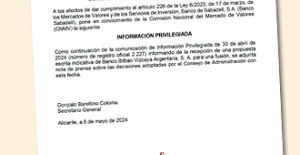 Sabadell rejects the merger with BBVA and will fight to remain alone
Sabadell rejects the merger with BBVA and will fight to remain alone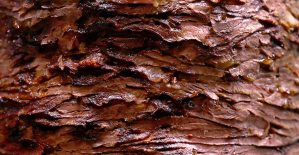 In Germany, the far left wants to cap the price of “doner kebabs”
In Germany, the far left wants to cap the price of “doner kebabs” Israel-Hamas war: Gaza between hope of truce and fear of Israeli offensive in the South
Israel-Hamas war: Gaza between hope of truce and fear of Israeli offensive in the South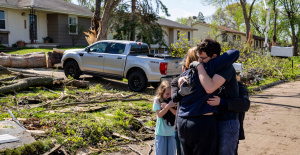 “Mom, Dad, please don’t die”: in the United States, a nine-year-old child saves the lives of his parents injured in a tornado
“Mom, Dad, please don’t die”: in the United States, a nine-year-old child saves the lives of his parents injured in a tornado The presence of blood in the urine, a warning sign of bladder cancer
The presence of blood in the urine, a warning sign of bladder cancer A baby whose mother smoked during pregnancy will age more quickly
A baby whose mother smoked during pregnancy will age more quickly The euro zone economy grows in April at its best pace in almost a year but inflationary pressure increases
The euro zone economy grows in April at its best pace in almost a year but inflationary pressure increases Children born thanks to PMA do not have more cancers than others
Children born thanks to PMA do not have more cancers than others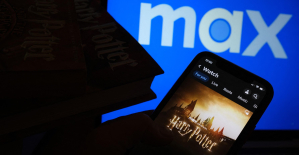 “House of the Dragon”, “Succession”… Max, the new streaming platform from HBO and Discovery, launched in France on June 11
“House of the Dragon”, “Succession”… Max, the new streaming platform from HBO and Discovery, launched in France on June 11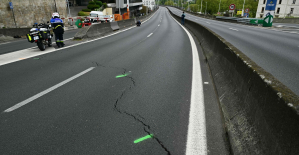 The A13 motorway will finally reopen this Friday, in one direction only
The A13 motorway will finally reopen this Friday, in one direction only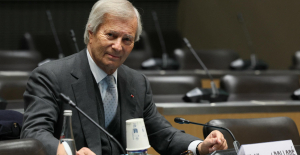 TNT commission of inquiry: tensions between LFI deputies and Macronists before the vote on the report
TNT commission of inquiry: tensions between LFI deputies and Macronists before the vote on the report Apple unveils a new, more efficient iPad range
Apple unveils a new, more efficient iPad range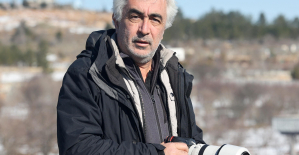 The Gaza War invites itself to the 2024 Pulitzer Prizes
The Gaza War invites itself to the 2024 Pulitzer Prizes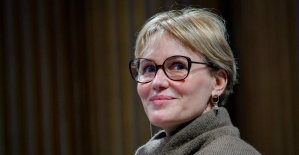 Judith Godrèche presents a short film on sexual violence in Cannes
Judith Godrèche presents a short film on sexual violence in Cannes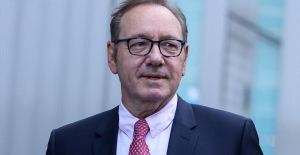 Kevin Spacey: new trial in sight in London for the American actor, for sexual assault
Kevin Spacey: new trial in sight in London for the American actor, for sexual assault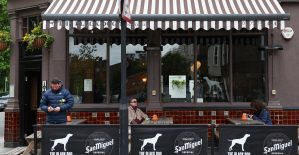 Taylor Swift fans make London pub Black Dog their new place of pilgrimage
Taylor Swift fans make London pub Black Dog their new place of pilgrimage Omoda 7, another Chinese car that could be manufactured in Spain
Omoda 7, another Chinese car that could be manufactured in Spain BYD chooses CA Auto Bank as financial partner in Spain
BYD chooses CA Auto Bank as financial partner in Spain Tesla and Baidu sign key agreement to boost development of autonomous driving
Tesla and Baidu sign key agreement to boost development of autonomous driving Skoda Kodiaq 2024: a 'beast' plug-in hybrid SUV
Skoda Kodiaq 2024: a 'beast' plug-in hybrid SUV The home mortgage firm rises 3.8% in February and the average interest moderates to 3.33%
The home mortgage firm rises 3.8% in February and the average interest moderates to 3.33% This is how housing prices have changed in Spain in the last decade
This is how housing prices have changed in Spain in the last decade The home mortgage firm drops 10% in January and interest soars to 3.46%
The home mortgage firm drops 10% in January and interest soars to 3.46% The jewel of the Rocío de Nagüeles urbanization: a dream villa in Marbella
The jewel of the Rocío de Nagüeles urbanization: a dream villa in Marbella Institutions: senators want to restore the accumulation of mandates and put an end to the automatic presence of ex-presidents on the Constitutional Council
Institutions: senators want to restore the accumulation of mandates and put an end to the automatic presence of ex-presidents on the Constitutional Council Europeans: David Lisnard expresses his “essential and vital” support for François-Xavier Bellamy
Europeans: David Lisnard expresses his “essential and vital” support for François-Xavier Bellamy Facing Jordan Bardella, the popularity match turns to Gabriel Attal’s advantage
Facing Jordan Bardella, the popularity match turns to Gabriel Attal’s advantage Europeans: a senior official on the National Rally list
Europeans: a senior official on the National Rally list These French cities that will boycott the World Cup in Qatar
These French cities that will boycott the World Cup in Qatar “The future is for us”: “disappointed” and “proud” at the same time, Al-Khelaïfi sees the glass half full after the elimination of PSG
“The future is for us”: “disappointed” and “proud” at the same time, Al-Khelaïfi sees the glass half full after the elimination of PSG PSG: “Since January, these have not been my best matches,” agrees Zaire-Emery, who promises to “come back stronger”
PSG: “Since January, these have not been my best matches,” agrees Zaire-Emery, who promises to “come back stronger”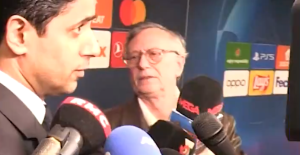 “What is this question, honestly?” : Nasser Al-Khelaïfi (very) annoyed after PSG-Dortmund
“What is this question, honestly?” : Nasser Al-Khelaïfi (very) annoyed after PSG-Dortmund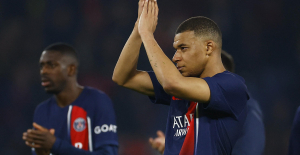 “I am the guy who has to score the goals”: Mbappé does not hide and assumes responsibility after PSG’s exit
“I am the guy who has to score the goals”: Mbappé does not hide and assumes responsibility after PSG’s exit





